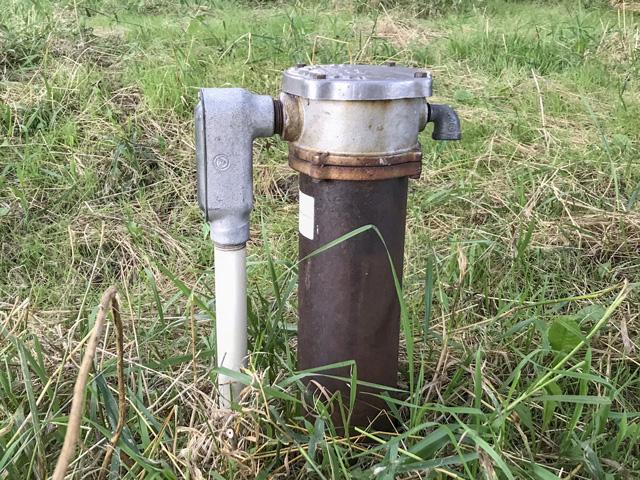MachineryLink
Rural Residents Need to Inspect Wells, Test Water for Safer Drinking Water
Many rural residents use wells for their water source. Private wells provide a water supply to people and livestock on many farms.
I, too, have a well on my family's east-central Nebraska farm. We haven't had to do much to it during the nearly 20 years I have lived there, other than replace the pressure tank a few years ago and replacing a couple of broken hydrants.
In a post from the University of Illinois Extension titled "Test Private Wells to Ensure Safe Drinking Water", author Douglas C. Gucker recommended rural residents with wells complete an annual inspection of the various components of the well. (See https://extension.illinois.edu/…)
He also suggested well owners test their water to make sure it is safe to drink. "Spring is the best time to test your well's water," he wrote.
Illinois receives its largest amounts of rainfall from April through June, he noted. During periods of high rainfall, surface water may pick up contaminants, he wrote.
P[L1] D[0x0] M[300x250] OOP[F] ADUNIT[] T[]
If the upper part of the well has any cracks or leaks, contaminated water could find its way into a well. Well water should be tested if the well has to be opened, if it was underwater or in a fire.
Gucker said annual testing for bacteria and nitrates are recommended.
"These bacteria do not usually cause disease or illness, but its presence indicates surface contamination has found its way into your well, alerting you to the possibility other disease-causing organisms may be present," he wrote.
High nitrate levels in drinking water are a concern for children younger than six months old.
Nitrogen, in the form of nitrates, is a common contaminant in groundwater. There are several sources of nitrates, including a malfunctioning septic system, animal manure or runoff from farm fields.
Gucker said it is important to test well water accurately to get the most precise results. Read and follow the instructions included in the test kit.
"Consult your local health department to see if you should be testing for other contaminants, such as volatile organic compounds (fuels and oils) or heavy metals," Gucker said. "Certified labs can also test well water and may be your only option for certain chemicals."
More information on private well water testing can be found on the Illinois Environmental Protection Agency website, contacting your local health department, or the Illinois Department of Public Health at (217) 782-5830.
One year, I talked to someone with the University of Nebraska-Lincoln (UNL) Extension to get advice about testing well water. This led my family the next year to take a sample of water from our well with us when we went to Husker Harvest Days. UNL took the sample and tested it. After a short time, they sent us the results. The water tested within the normal specifications for safe drinking water.
This was probably a good 10 years ago or so now. After reading this article from the University of Illinois Extension, it is probably time we have our well's water tested once again.
Russ Quinn can be reached at russ.quinn@dtn.com
Follow him on Twitter @RussQuinnDTN
(c) Copyright 2022 DTN, LLC. All rights reserved.




